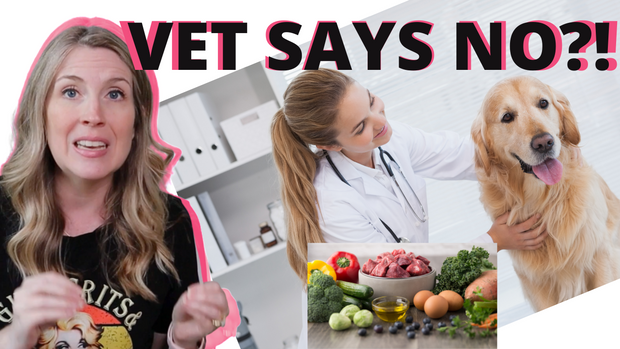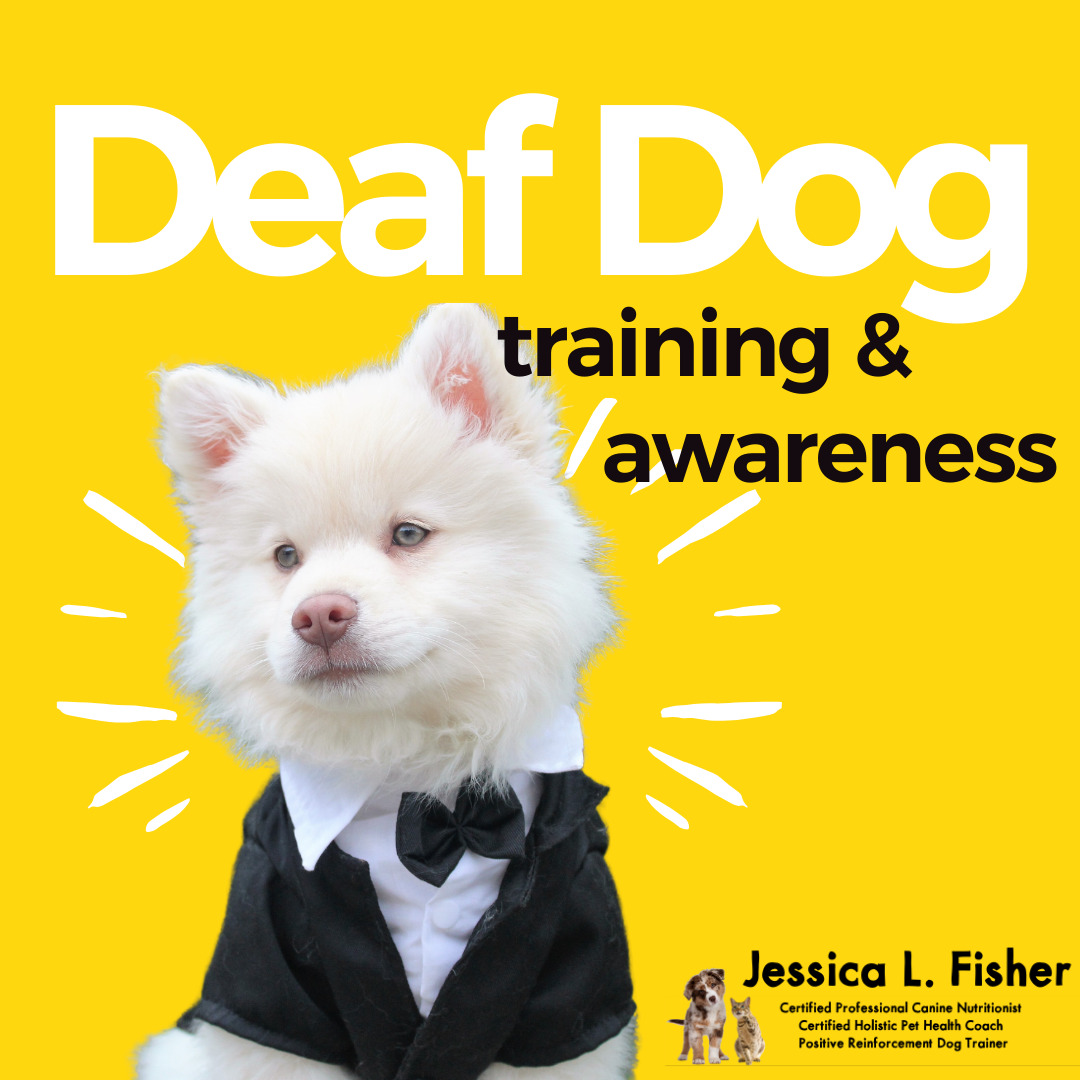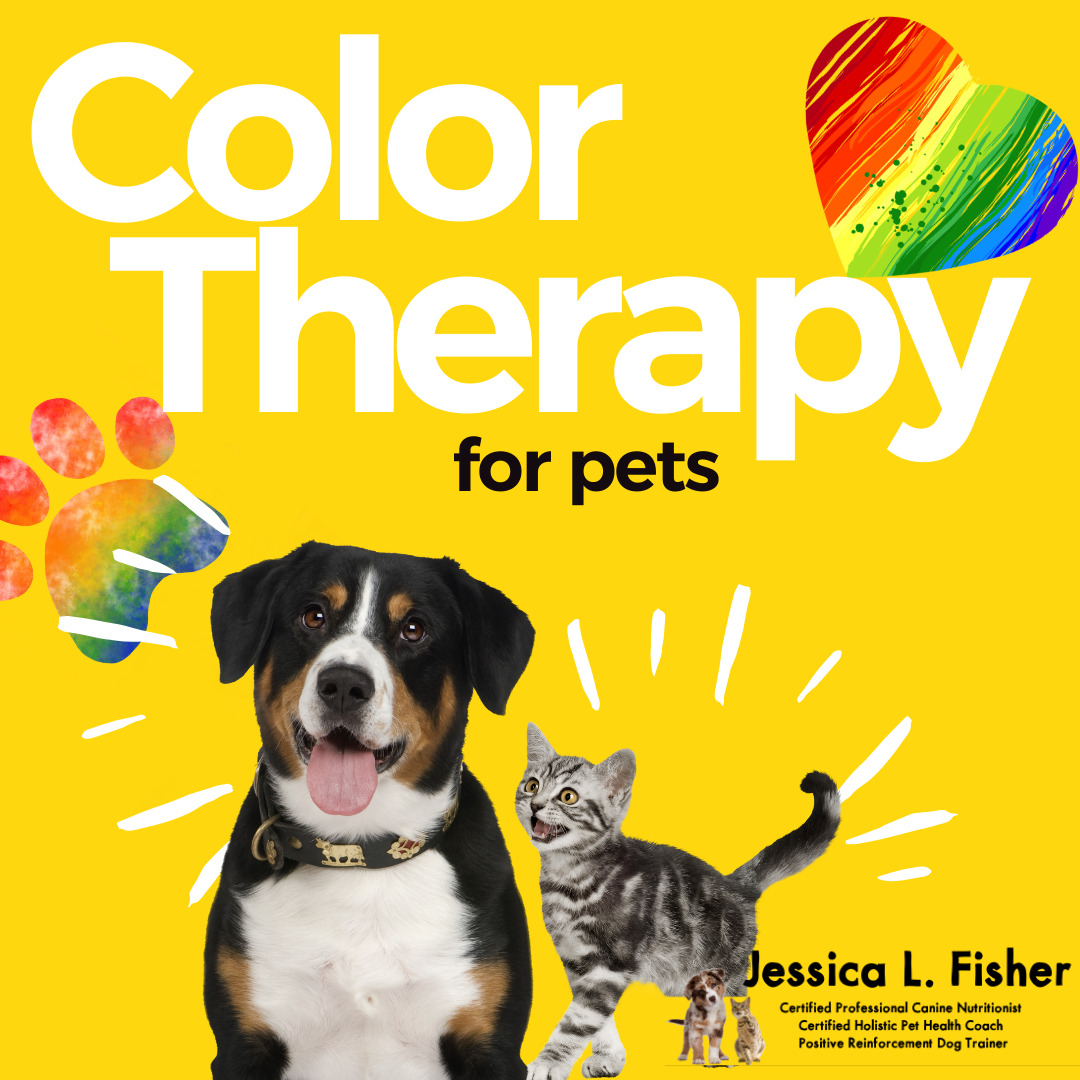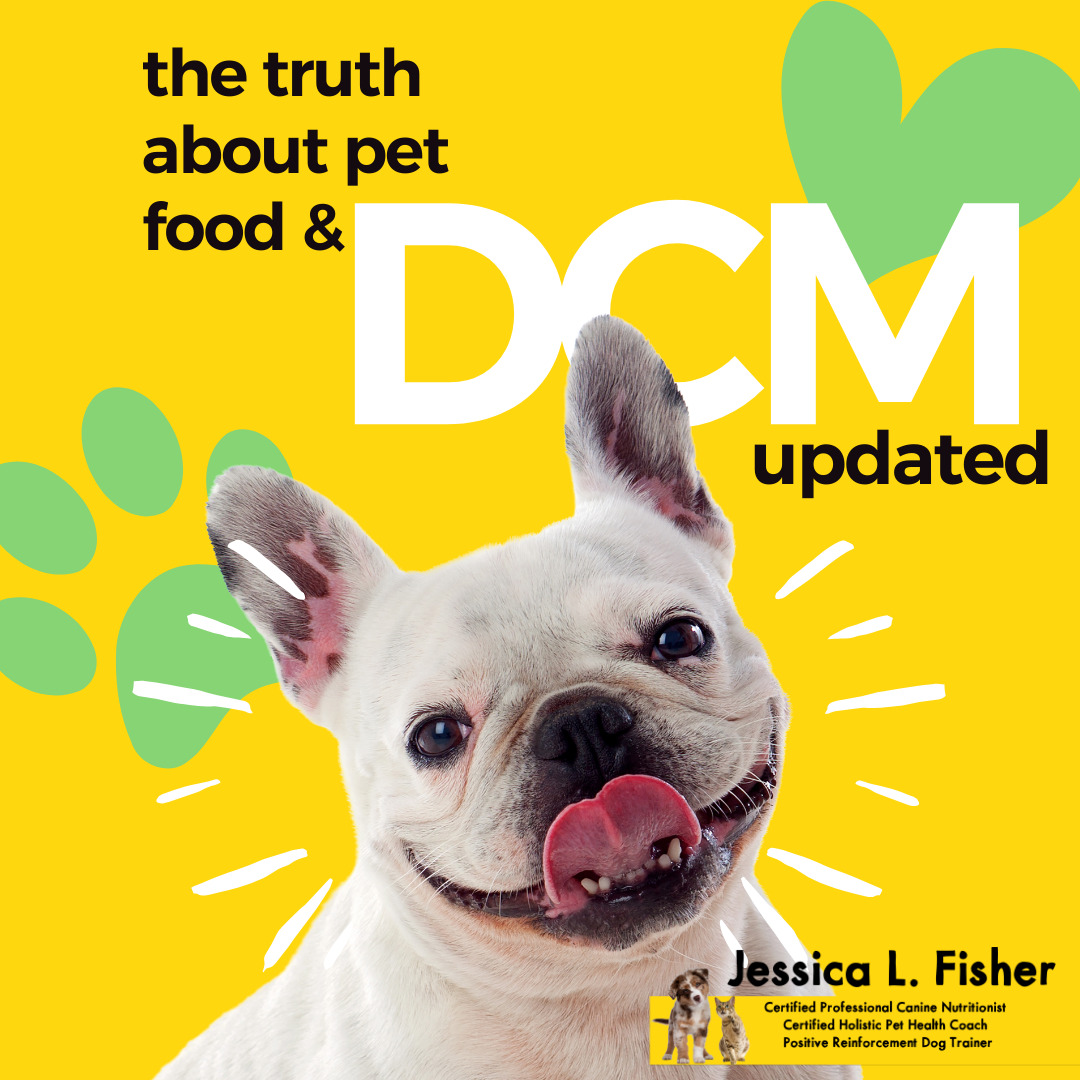I’ve seen so many people post on social media that their vet is completely against raw feeding and I completely understand that it is natural to want to follow your veterinarian’s instructions to the t. I know this because I was this person as little as 12 years ago.
Why A Veterinarian Would Be Against Raw Feeding
There are a few reasons that a veterinarian could be anti-raw, and it’s important to know where they are coming from, so let’s break this down.
1. The training they receive in school tells them that kibble is the best and only way to feed an animal.
Universities with accredited veterinary medicine programs will have some support for that program from outside funding, which will be one of two main pet food companies: Hills or Royal Canin. While vet students get very limited training in nutrition, what they do get is sponsored by one of these companies. For example, UCDavis has a Pet Food Program which allows all of their veterinary students to purchase discounted food from Hills, Purina, or Royal Canin, among other support provided.
Additionally, once the student has graduated and begins practicing, these same pet food manufacturers (as well as pharmaceutical companies) have kick-back programs in place for these veterinarians to sell and prescribe their products, according to Dr. Laurie Coger on her blog The Healthy Dog Workshop.
2. There is a risk of bacteria such as salmonella or e. coli.
Yep, there sure is! But there is a risk of salmonella or e.coli in kibble as well as in the raw meat you buy to prepare for your family as well. You can find a list of recalls for pet foods on the FDA website. I also found a really informative article from Nikki, The Canine Health Nut, on the actual risk of salmonella and listeria in pet food, which you can read. It is quite extensive but well worth your time. Basically, it all boils down to the fact that salmonella and listeria exist in all sorts of foods, even fruits, and vegetables. Regardless of what you feed your dog, kibble or raw or anything in between, practice safe and sanitary food preparation practices in your kitchen and WASH YOUR HANDS!
Yes, I bolded that. I did that. Why? Because the risk of salmonella actually harming your dog or cat is next to nothing. Their digestive tracts are shorter than ours and are also more acidic. They are designed to be able to eat live prey and not get sick. We, on the other hand, are the ones at risk for salmonella poisoning, so WASH YOUR HANDS and stop worrying so much about it!
3. There is a risk of nutrient deficiency (not complete and balanced)
LAWD help me! Ok, I get it, there are some people out there that will go to the grocery store, buy a package of ground beef and feed that to their dog and call it a day. A week. A month. A year. Maybe longer, I don’t know and I actually would doubt that because if you are taking interest in feeding your dog a raw diet, then you are going to seek out information and improve over time.
Yes, I do always make a point when talking about a raw food diet to specifically say that it needs to be balanced. I do that to make sure everyone knows that I am advocating for feeding your dog all the nutrients they need to thrive. I don’t want someone coming at me in 10 years because I wasn’t specific enough and their dog was injured.
That said, balance is important, but that doesn’t mean that every single meal has to be fully balanced. Many raw feeders that DIY will balance over the week. Kimberly at Keep The Tail Wagging is a big advocate for balancing over time and I love her for it! I also believe that when you try your best, even if it’s not 100% right, you will do better for your dog than that bowl of kibble can do anyway.
I was recently listening to a webinar from Adored Beast called Candid Conversations on Nutrition. Julie Ann Lee had an AMAZING round table discussion with Billy Hoekman, Dr. Judy Morgan, and Dr. Nick Thompson. I haven’t seen a replay link, so I’m not sure if there will be one, but I have my fingers crossed that she will put it up on the Adored Beast YouTube channel.
This round table blew my mind! The general consensus of the group was that some fresh food is better than none. There were so many golden nuggets that I hope we get a replay! I was listening while I was driving so I didn’t get to take notes.
There are so many veterinarians and so many people today feeding a raw food diet, that the fact that there isn’t much research on this type of diet is hogwash to me.
Facts are facts: dogs and cats never ate kibble until the 1960s. You can’t tell me that they will die if they don’t have it. What the heck did these species do before kibble was invented?????
What to do when your vet is anti-raw
Ok, let’s get to the actual point of this post! It is very important for me to let you know that I in no way am proposing that you yell at or bash your vet or any other veterinarian. They have a really tough job. They work long hours, get yelled at constantly, and have people upset with them all the time. We don’t need to add to this. In fact, I think it’s important to let our vets know how much we appreciate them, even if you don’t see eye to eye on everything.
Ask them why they are recommending that you do not feed fresh food to your dog.
For me, that would probably sound something like this: “Can you tell me why you are recommending that I feed my pet a highly processed, carbohydrate-rich feed over fresh foods?”
In most cases, you will be met with the 3 responses above and I think I’ve provided you with a good amount of information to have a conversation with your vet about how you have done your homework.
Sometimes a veterinarian simply will not budge, and it is OK to simply look at your veterinarian and say “Thank you for the information that you have provided to me. I will take it under consideration.”
If your vet is open to discussing this further, great! Dr. Nick Thompson said in the video I mentioned above that if you brought in a young child to the doctor’s office and told your doctor that you found an amazing, highly processed, a carbohydrate-dense food source for your child, it’s convenient, shelf-stable, and cheap and that you were going to feed this to your child for the foreseeable future, that doctor would call you mad and likely call CPS on you.
It is incredibly interesting that pet professionals, and veterinarians, are the only medical professionals on the planet that recommend highly processed feed over fresh foods. There is a blog on the Adored Beast site that really puts this into perspective, here is an excerpt:
“Human World: Healthy diet is qualified in terms of freshness and variety, often with little to no mathematical equations involved. For customized diets, doctors refer patients to nutritionists for help. Leading health officials advise avoiding processed and packaged foods to help reduce the risk of serious health issues including diabetes, heart disease, obesity, and cancer. (1) (2) (3)
Pet World: Veterinarians are the only medical profession that recommends highly processed bagged feed over fresh food diets and claim that this supports health and longevity. This includes the Canadian and American Veterinary Medical Associations and The American Animal Hospital Association.”
Closing
I hope this can help you build confidence in the fact that you are your pet’s advocate. It is OK to have an open dialogue with your veterinarian, and if you can’t with your vet, maybe it’s time to find a new one. Respectfully, of course.
My veterinarian knows that they are part of my pet’s medical team. A team that I am the captain of. I respect and appreciate the education and years of practice that have gotten them to where they are now. A great veterinarian will work WITH you to provide the best care possible to your pet.
Tell me, have you run into any situations with a veterinarian that made you uncomfortable or made you question your role in your pet’s care?
BONUS 🌟
What about Rx Diets?
Prescription diets are interesting because there isn’t anything medicinal about them. This is something that Dr. Judy Morgan is incredibly passionate about. Her blog is full of great information on how the pet food companies wording on labels to claim treatments and preventions, which would meet the description of a drug according to the FDA, when in fact, they do not comply with drug regulations and testing requirements.
In fact, not only have these “Rx diets” not been tested for drug requirements, they also are not tested for nutritional adequacy, according to Dr. Morgan. The FDA admits to all of this and also states that these foods (feed) may cause harm to pets, yet nothing is being done about it.
To me the idea that the pet food company sells you a highly processed, carbohydrate-rich dry food and tells you to feed it to your pet to keep them healthy, while simultaneously making them sick, and then selling the “treatment” for said illness, is criminal.
Now, is it true that when an animal becomes sick that they may need a different formulation of food? If you continue to feed kibble, then yes. For instance, if your cat has a history of urinary crystals, your vet may recommend a prescription diet that is lower in phosphorus. From what I researched when my cat Riley went through this, the phosphorus in a dry diet (a manufactured supplement) is digested in a very different way than phosphorus in a wet diet.
This would mean that, yes, if you continued to feed a dry food diet, you would need to reduce the phosphorus intake for your cat. However, if you switch to a diet of fresh food or even a high-quality wet food diet, your cat would be better equipped to digest and utilize the type of phosphorus available in that diet.
That is what I chose to do with my cat Riley. I even had a vet tech at an ER clinic tell me that I would have to feed him that Rx diet forever or he would die. She literally looked me in the eye and said that to me.
I switched him (and all of my other cats) to a high-quality wet food diet and measured his urine pH at home. While it may be anecdotal, I think it’s important.
A side note: I have tried on multiple occasions to switch my cats to raw food, but certain cats with certain medical conditions and their pickiness have prevented this for me. I do, however, give them freeze-dried raw as a supplement to their wet food.
Dr. Judy Morgan even says in her blog, “Personally, I would always prefer to make a healing diet using real food.”




